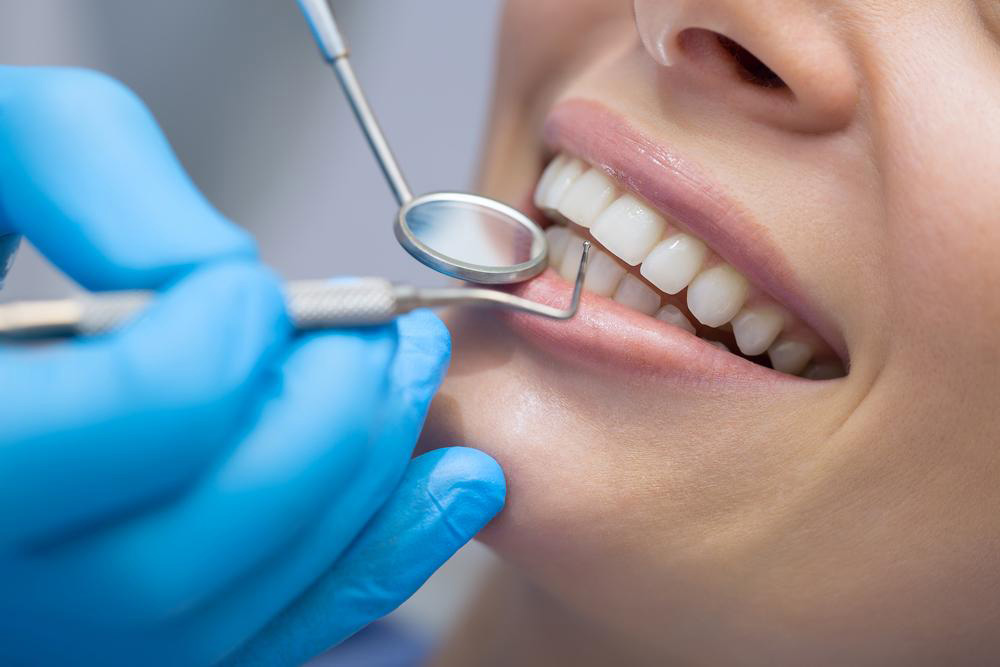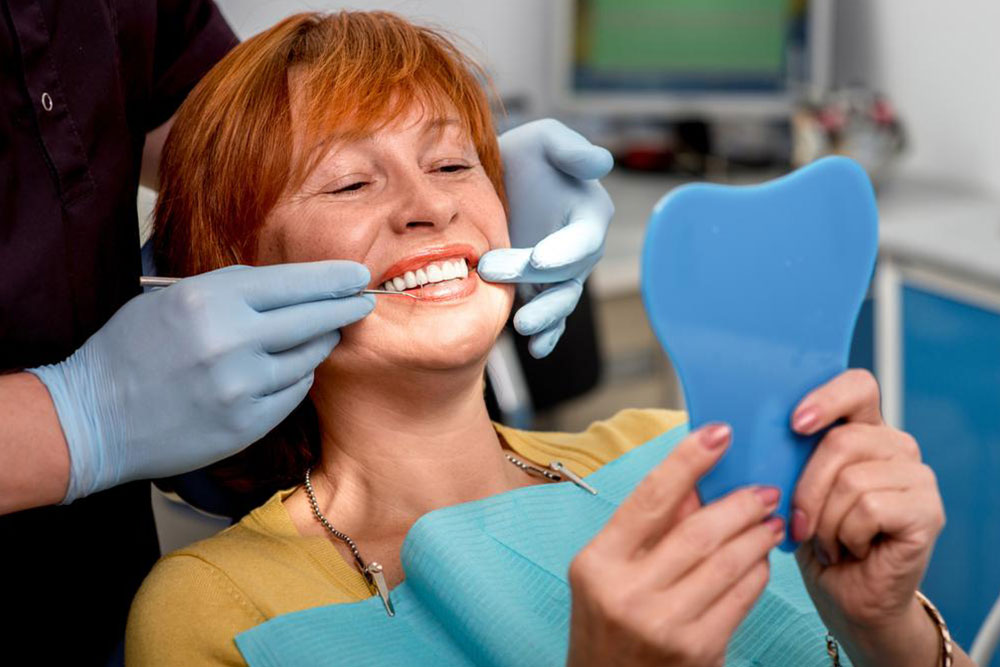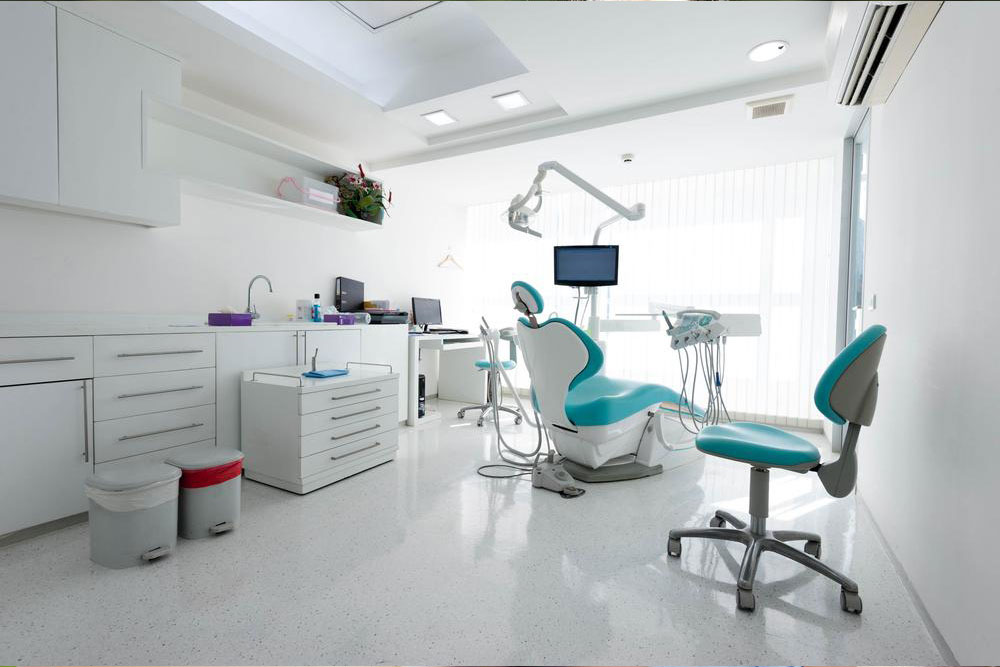Guide to Finding Affordable Dentists for Dental Implant Procedures
Discover practical tips to find affordable dental implant options nearby. Learn about dental savings plans, insurance coverage, and post-care practices to ensure successful and cost-effective implant procedures. This guide offers insights for patients seeking quality dental treatment without breaking the bank, emphasizing the importance of choosing experienced professionals and maintaining oral hygiene after the surgery.

Guide to Finding Affordable Dentists for Dental Implant Procedures
Dental health plays a significant role in your appearance and function, with teeth providing essential support and alignment for your jaw. If you experience severe decay or loss of teeth, dental implants are often the preferred solution. These implants help preserve surrounding tissue and facilitate daily activities like eating. Finding a trustworthy and cost-effective dentist is key to a smooth procedure.
Strategies to Lower the Cost of Dental Implants
The average price for full-mouth dental implants is around $34,000, with each implant typically costing between $3,000 and $4,500.
These prices can vary depending on the clinic and dentist. Here are some effective tips to access affordable full-mouth dental implants:
Explore dental savings programs or memberships
Dental discount plans, which are annual memberships, can significantly reduce costs on services including dental implants. These plans provide a network of listed dentists, simplify claims, and eliminate paperwork. Checking out these plans can allow you to get implants at reduced rates without extra charges.
Consider dental insurance plans that partially or fully cover implants
While many dental insurance policies exclude implants citing cosmetic reasons, some offer partial coverage or reimbursements. Reviewing different plans can help you find coverage that makes implants more affordable.
Compare costs across various dental clinics
It's advisable to compare fees at different dental practices based on their reputation and expertise. Opting for experienced, reasonably priced dentists can save money. Senior patients should also inquire about discounts offered to them for implants.
Post-Procedure Care for Dental Implants
Proper aftercare is vital to avoid complications and reduce maintenance expenses. Maintaining good oral hygiene with these practices is essential:
Brush your teeth twice daily
Regular brushing helps eliminate bacteria and food debris, preventing plaque buildup on implants.
Use dental floss consistently
Flossing clears between teeth, especially before bed, preventing food particles from causing issues.
Avoid certain foods post-surgery
Steer clear of sticky, spicy, or crunchy foods that can increase sensitivity or damage implants.
Select gentle dental products
Use soft-bristled toothbrushes and non-abrasive toothpaste. Avoid flavored dental products to prevent discomfort.
Apply ice packs for swelling
Using ice packs in intervals can alleviate swelling and discomfort after surgery.
Shed sugary foods
Minimize consumption of sugary items like candies, pastries, and sodas, as they can cause decay and harm implants.
Rinse mouth after meals
Rinsing helps remove residual food and reduce tartar buildup.
Seek professional advice on dental products
Consult your dentist for suitable products compatible with implants.
Stick to regular dental checkups
Keep appointments every six months to monitor implant health and catch issues early.
Avoid hot foods immediately after surgery
For the first 24 hours, avoid hot foods that may irritate sensitive implants and tissue.
Dental implants offer durable solutions for missing teeth, helping prevent bone deterioration and facial sagging. Although some risks like infections or nerve damage exist, consulting an experienced dentist can minimize these. It's vital to understand the potential risks and follow precautions during and after the procedure.










